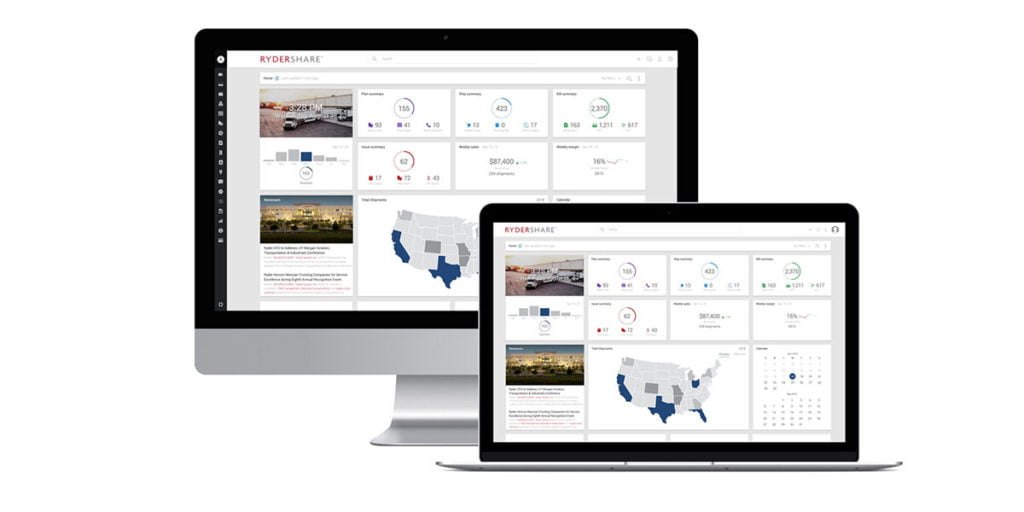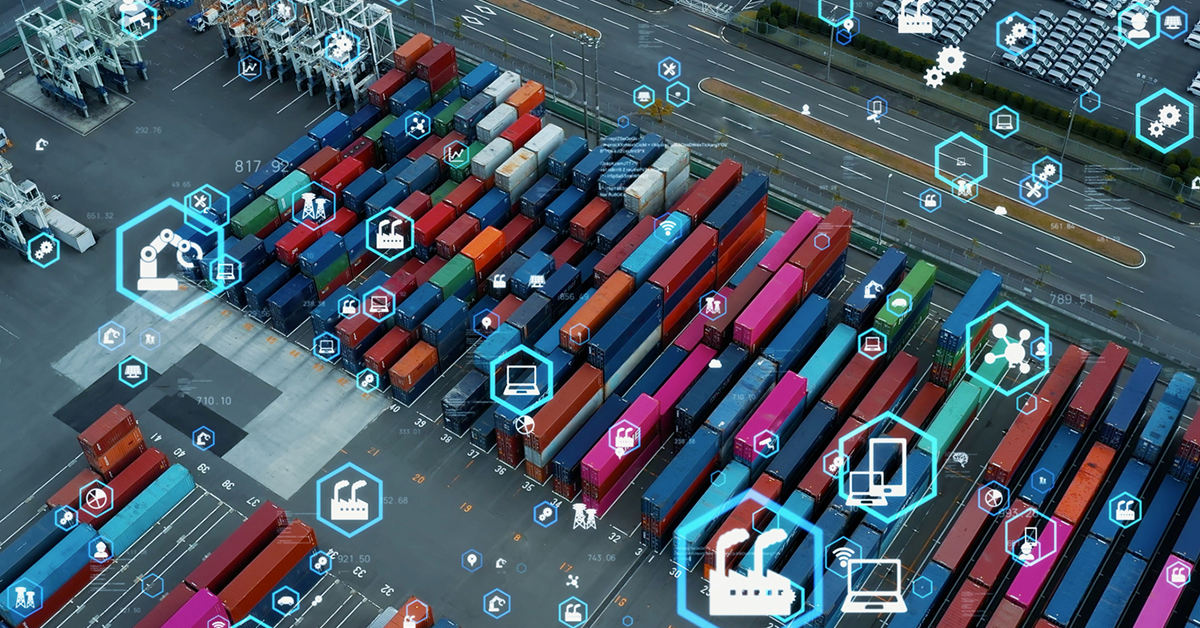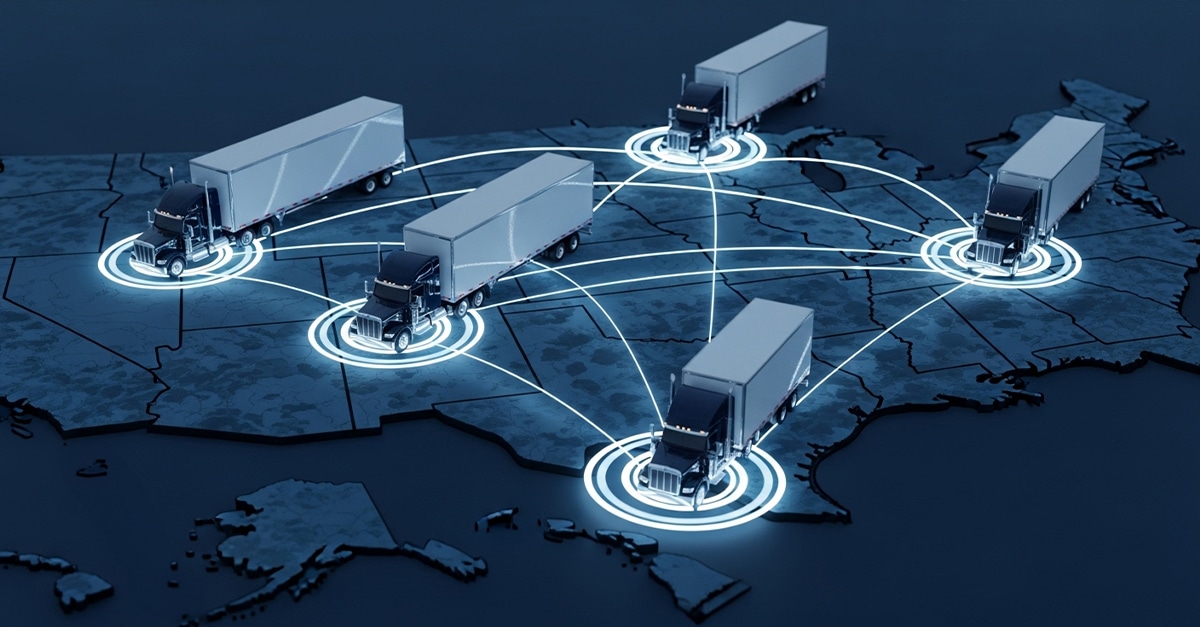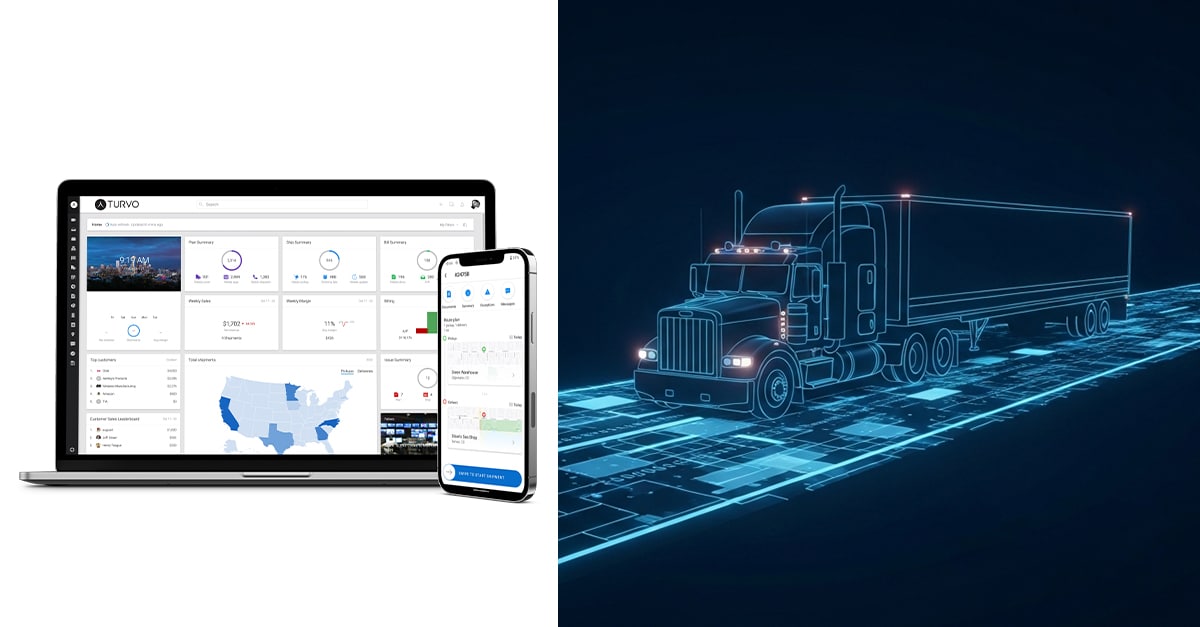The integration of artificial intelligence (AI) within supply chains marks a monumental shift toward operational excellence and innovation. As we move deeper into the 21st century, AI has transitioned from a novel idea to a core strategic element, enhancing efficiency, predictability, and flexibility across the logistics spectrum. This exploration into the evolution of AI in supply chains sheds light on its transformative impact and the promising future it holds for logistics operations.
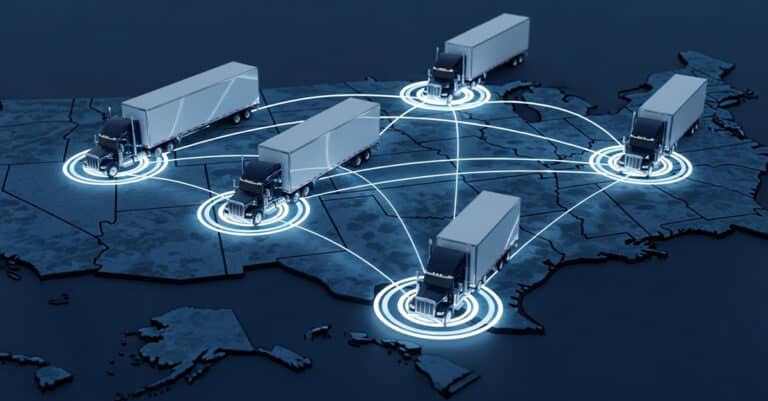
Make Every Update a Moment of Trust: Elevating Customer Experience with Turvo
Give teams and customers the clarity they need. See how Turvo’s shared timeline, user portal, support, and Turvo Academy improve every shipping interaction

